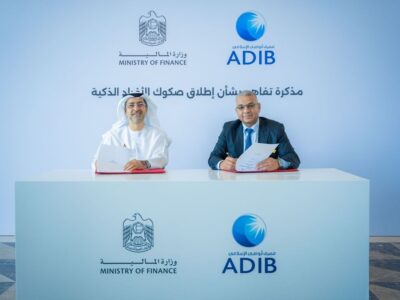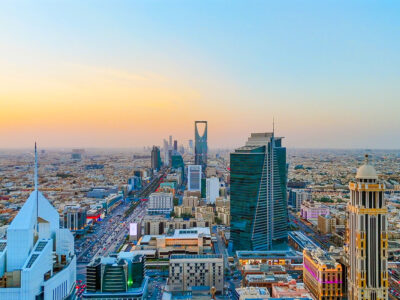The
International Monetary Fund (IMF) urged Qatar to contain its inflation rate in the medium
term on the back of pressures emerging from the oil and gas-rich Gulf state’s investment programme.
According to the IMF mission head for Qatar, Ananthakrishnan Prasad,
inflation has remained at about 2 percent due to depressed
rents, but the authorities needs to start satisfying demand for affordable
housing and fill the undersupply of the
low-to middle-end segment of the real estate market.
Talking to Gulf Times,
Prasad stressed that there is an oversupply in high-end luxury housing in
Qatar, but that the government will now need to satisfy a different growing
demand. “Qatar will need to actively manage external risks, particularly in
light of the large investment programme” said Prasad.
Between those risks there are also those related to the
increasing foreign currency maturity mismatches that represent a potential
threat to financial stability.
Prasad said that Qatar is contributing to strong growth, low inflation,
accumulation of large fiscal buffers and international reserves.
The government is
working on alleviating transportation bottlenecks, increasing storage capacity
and strategically stockpiling raw materials to prevent cost escalation, but
according to Prasad, Qatar’s Central Bank should now more effectively and
systematically absorb structural liquidity surplus and control credit growth.
A
solution to this issue is to develop a reliable liquidity forecasting
framework, and the central bank has adequate macro-prudential instruments to
intervene if needed.
According to the IMF, Qatar’s economy grew 6.3 percent last year, with this slowing to 4.9 percent in 2013.







